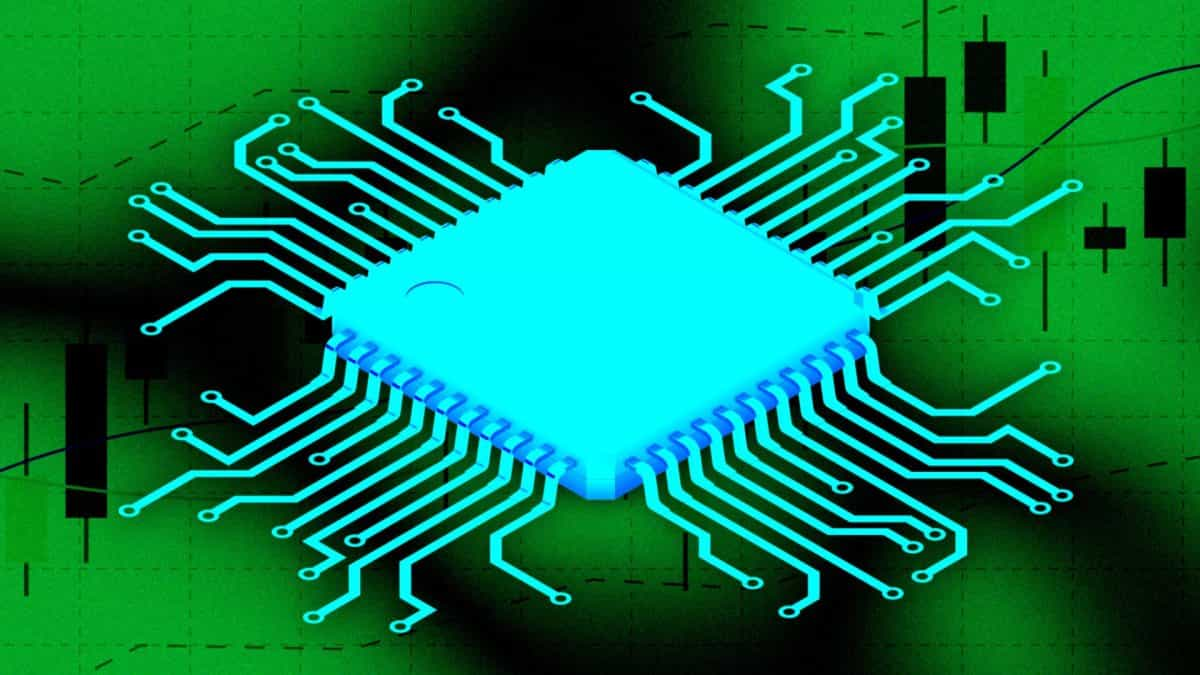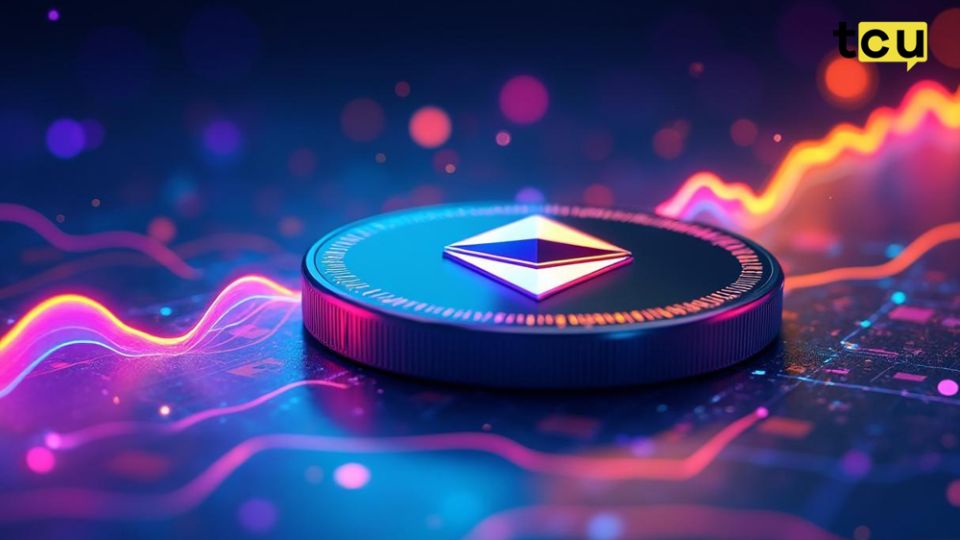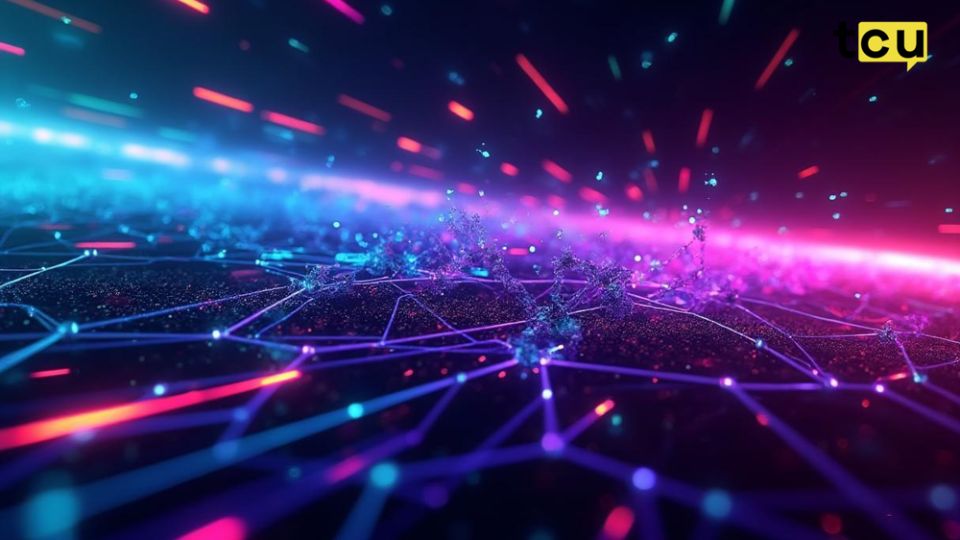Paolo Ardoino says Tether-backed brain-computer interface 'much more advanced' than Elon Musk's Neuralink
Quick Take Tether’s multi-billion dollar war chest has been deployed into a variety of projects in recent years — including AI, data centers, energy infrastructure, and bitcoin mining. One of CEO Paolo Ardoino’s favorites is Blackrock Neurotech — a brain-computer interface firm he claims is ahead of Elon Musk’s Neuralink.

Of all the projects Tether has invested in over recent years, Blackrock Neurotech stands out as one of the favorites for CEO Paolo Ardoino.
In the latest episode of The Block's Big Brain podcast, Ardoino said the brain-computer interface firm needed a name change soon to avoid confusion with the famous asset manager and Bitcoin ETF issuer, BlackRock. However, he claimed the firm is already ahead of Neuralink — the neurotechnology company founded by Elon Musk, which develops brain-computer interfaces designed to connect the human brain directly to computers.
One of the initial goals of such firms is to help treat neurological disorders — such as paralysis or blindness — by implanting a small device that can record and stimulate brain activity. In the long term, Musk envisions Neuralink could enable high-bandwidth communication between humans and machines, potentially merging human cognition with artificial intelligence.
Tether's $200 million strategic investment in Blackrock Neurotech in April 2024 made it the majority stakeholder in the firm founded in 2008 out of the University of Utah by scientists and BCI pioneers Dr. Florian Solzbacher and Marcus Gerhardt. Using Blackrock Neurotech's technology, patients have operated robotic arms, maneuvered wheelchairs, sent messages, surfed the web, and even driven a car — all with just the power of their thoughts, Tether said at the time.
"I think that they are much more advanced than Neuralink in this moment," Ardoino told The Block. "They have more than 40 patients already. The next iteration of the brainchip is just insane."
Building a 'brain operating system'
Similar to Musk, Ardoino also envisions developing a type of "brain operating system" in the longer term. "What I want to do to compete in a different way than anyone else is to build an open-source brain operating system so that I believe that in the future, in the next 15 to 30 years, this will become the next smartphone," he said.
"Maybe we are in time to build that technology that is open source so that if I have to put it in myself, then I'm not going to be controlled by [a tech giant]," he added. "I'm a paranoid guy, so I just want to make sure that everyone is playing on an even playing field."
Tether, whose team of less than 200 generated a profit of approximately $13 billion in 2024 and currently holds more than 100,000 BTC ($10 billion), has been aggressively deploying capital into a variety of projects beyond stablecoins in recent years across sectors, including artificial intelligence, telecommunications, data centers, energy infrastructure, and bitcoin mining .
Disclaimer: The content of this article solely reflects the author's opinion and does not represent the platform in any capacity. This article is not intended to serve as a reference for making investment decisions.
You may also like
Ethereum Price Holds Steady as Rainbow Chart Suggests Potential Gains by August 2025

Solana Hits 100K TPS Milestone with Noop Program Calls but Real Throughput Remains Lower

ETHZilla Transitions to Ethereum Treasury Strategy
Institution Amasses $1.3 Billion in ETH Amid Market Pullback
